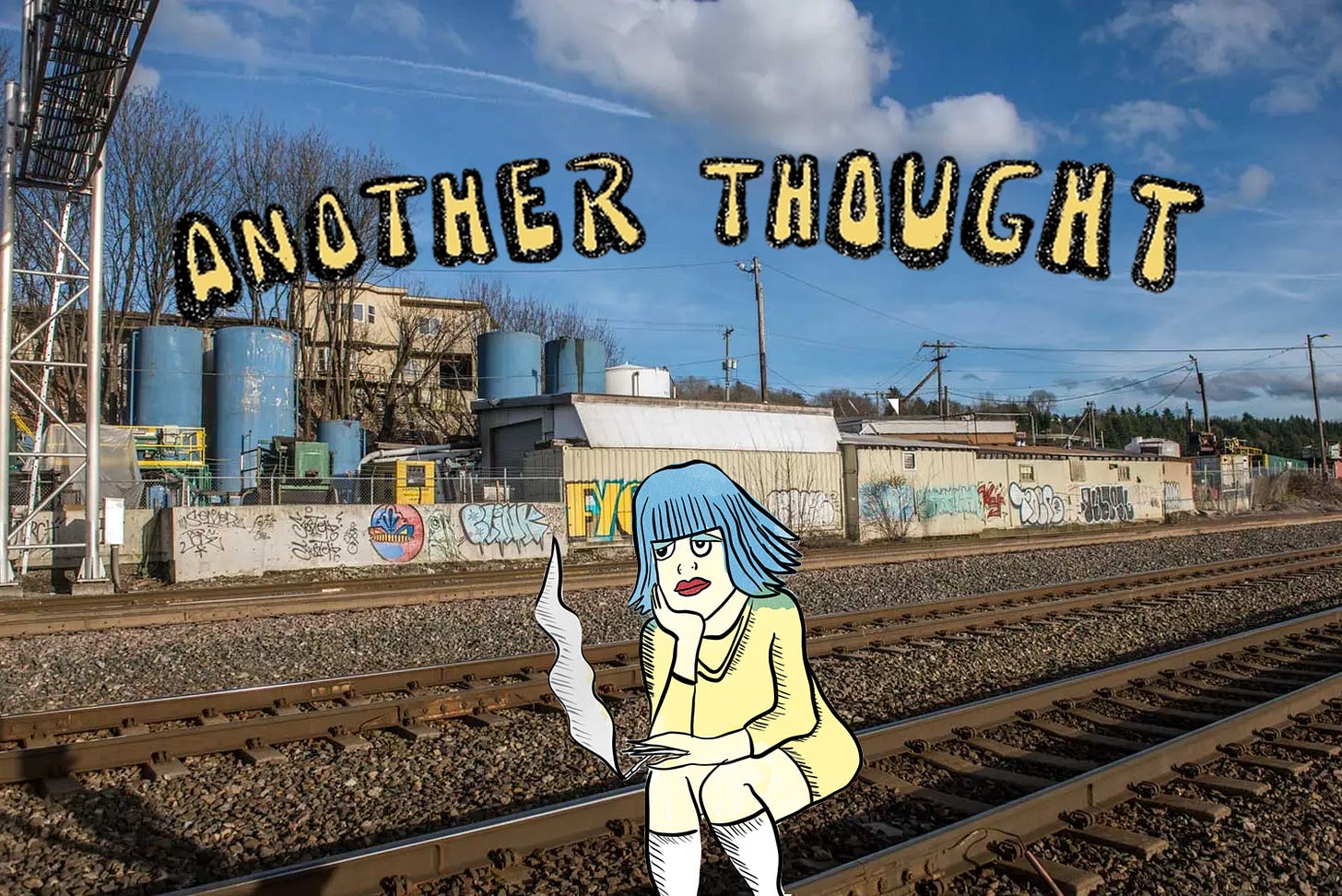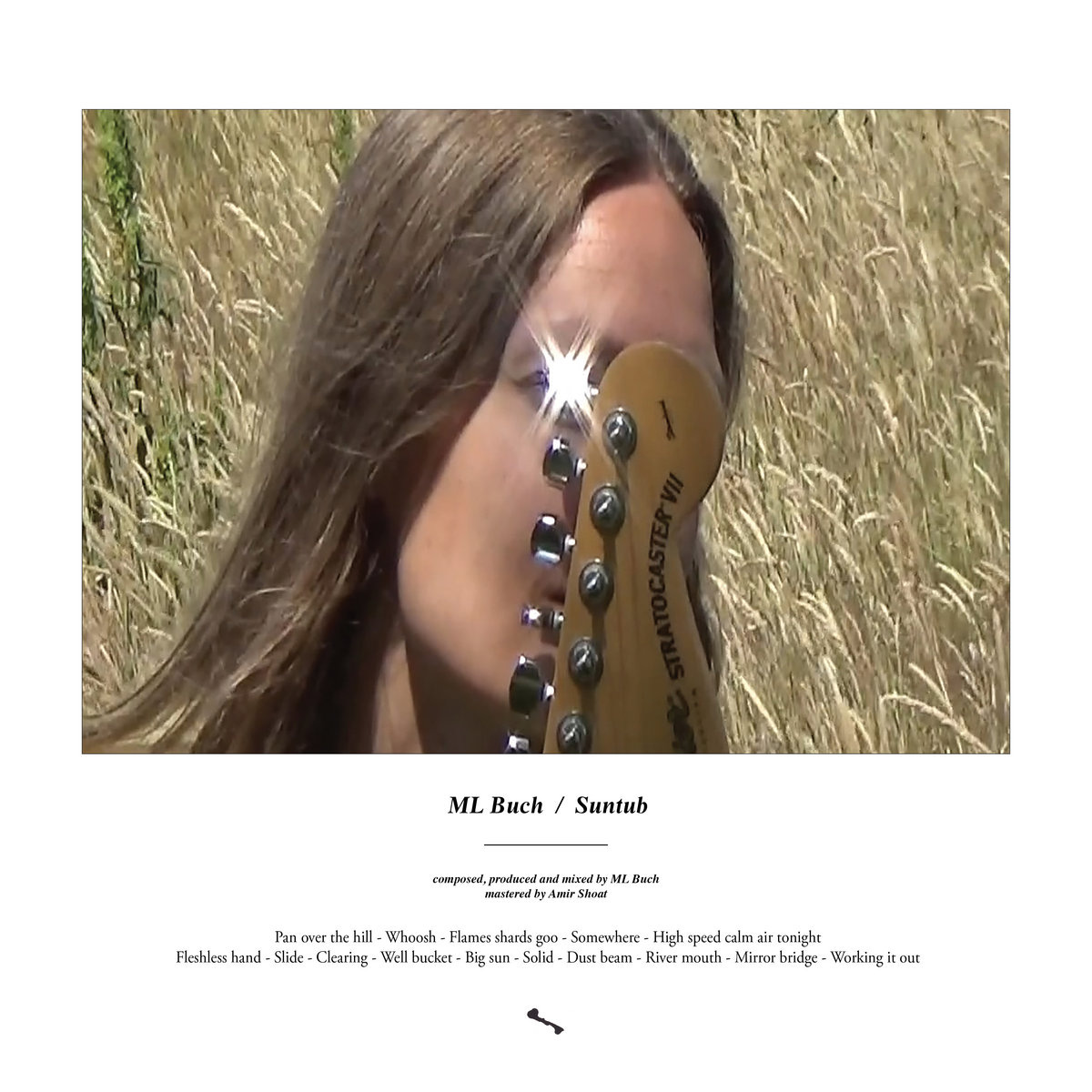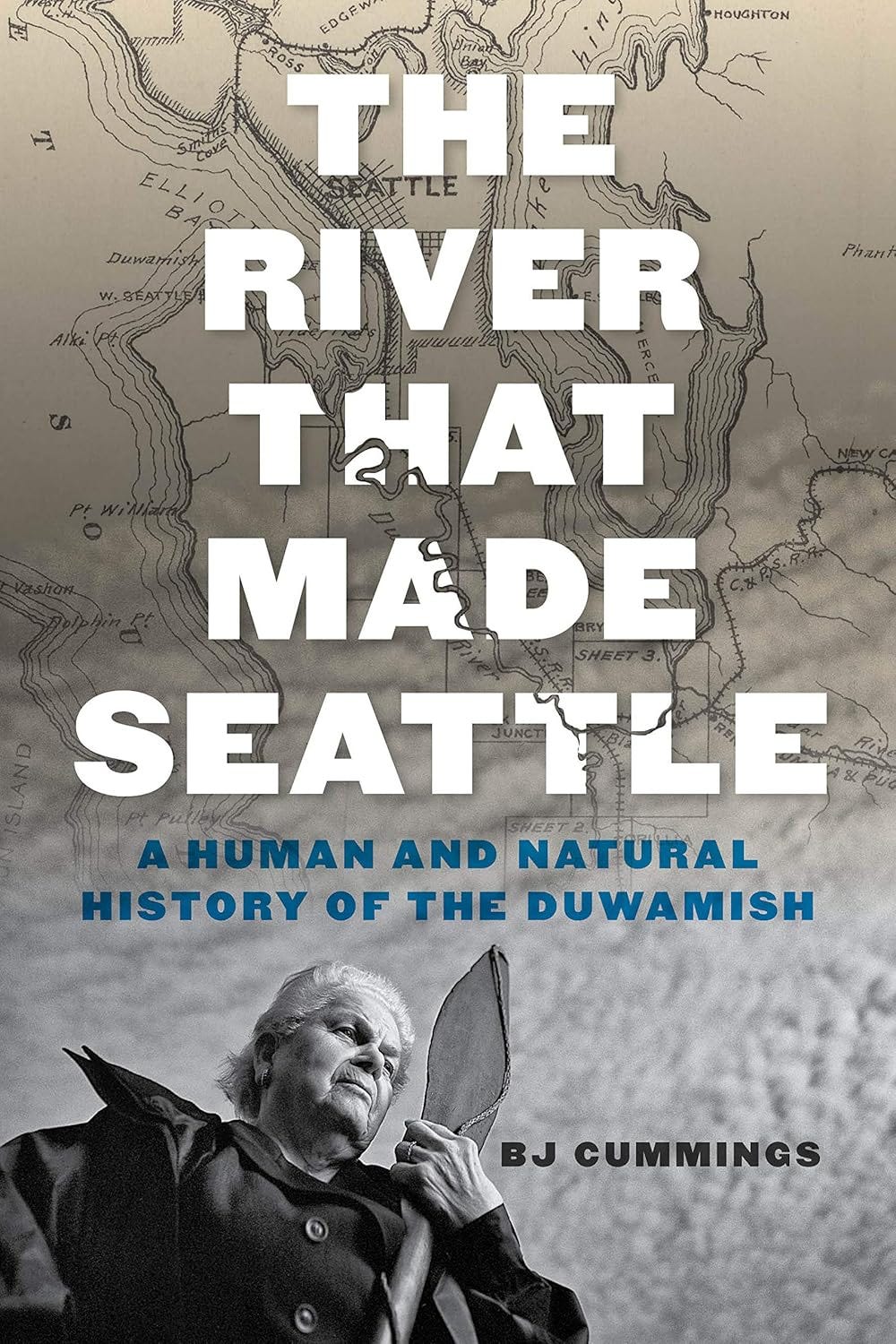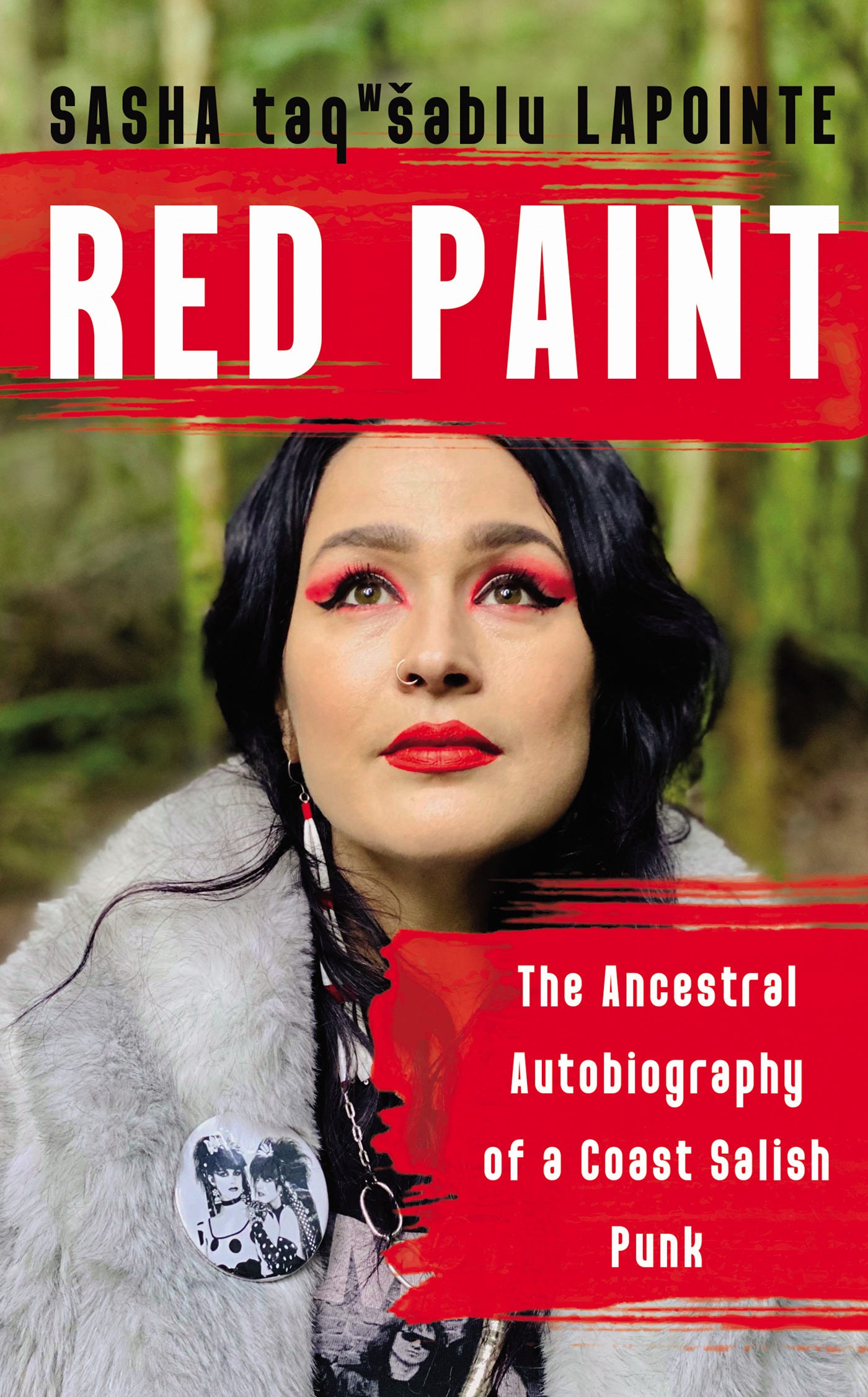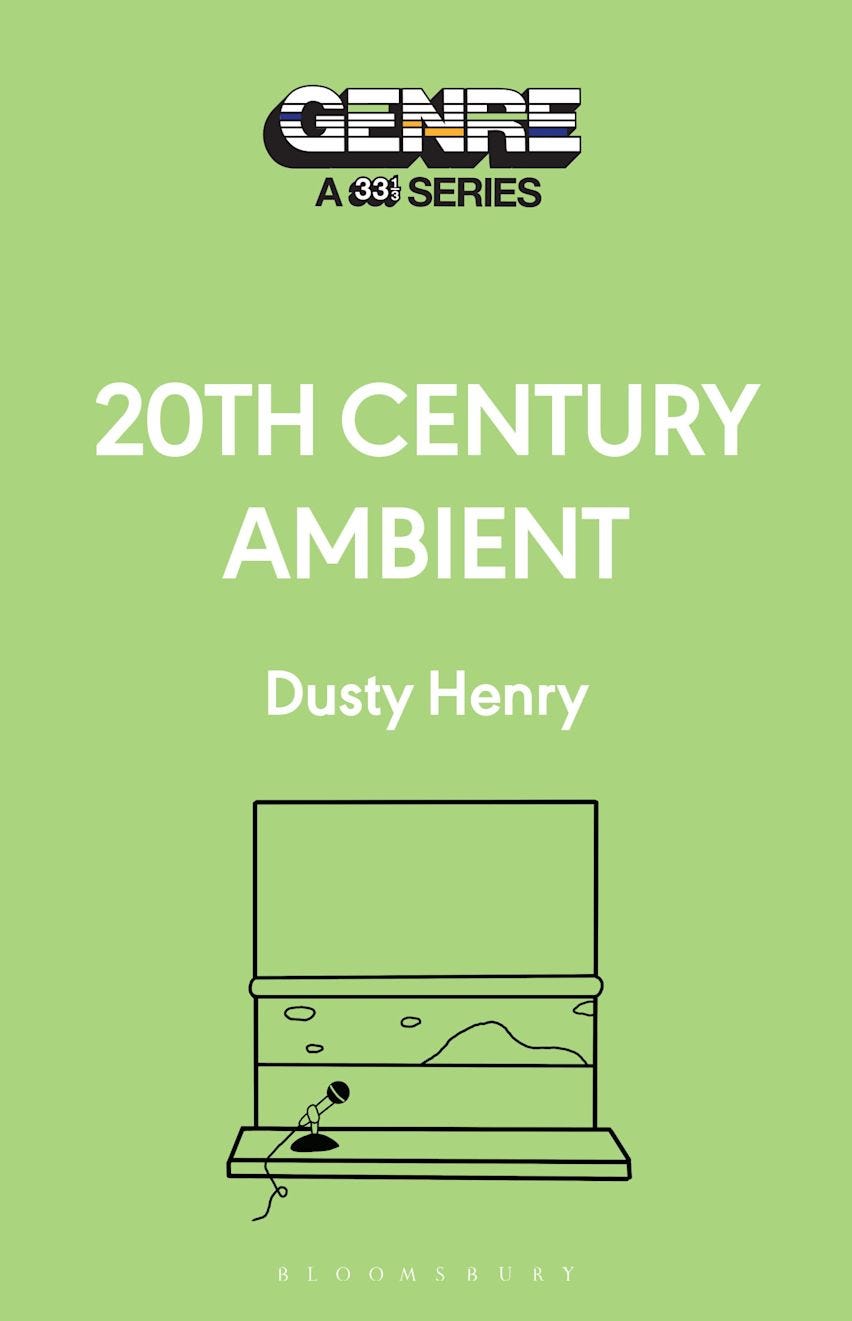It was a last-second call to go. That should’ve been my sign that it was a good idea. When I’m feeling a certain listlessness, a blasé feeling, forcing myself to get out and see a show I’m on the fence about going to usually does the trick. Now here I was, standing in awe in a sea of strangers, hypnotized by a performer I’d only just heard of a couple days before.
Cindy Lee swiveled on their chair wearing a gold sequin dress and white knee-high boots. They held up the head of their guitar toward the heavens, strumming and plucking out notes that felt like they were transported here from some bygone era. The fizzling fuzz and distortion twang rang out in the room. It felt nostalgic, but I wasn’t sure what for. It was the sound of lost love, heartbreak, sock hop blues indulged with a whipped cream and cherry-topped milkshake.
It felt good to be alone in that moment – alone with a group of strangers. Cindy Lee’s album Diamond Jubilee had only been out for a few days and while the buzz around it was palpable, the music exuded a feeling of being a lost treasure. Social media popularity be damned, this album felt like a cherished secret. I assumed everyone else felt the same, though I didn’t really want to ask them. I’d been lost in my head for days. It was nice to be lost in music with a tracklist that felt unending. As it turned out, Cindy Lee would soon cancel the rest of their North American tour. What felt like a secret was now a rare sighting, one that I cherished.
I’ve been in love with this record for almost a year now and I’m only just now feeling like I can begin to articulate what I love about it. What I’ve thought I loved about it and what it’s revealed to me over time are vastly different.
At first, I almost didn’t give the album a shot. I saw the glowing reviews coming from places like Pitchfork and social media buzz, but the album seemed like too much trouble. In my weaker moments, I’m rushing too much. In my stronger moments, I recognize this problem. I’m prone to falling into the trap of convenience and it’s something I’m actively trying to work against. It’s very often that I’ll overcommit in nearly all aspects of my life. When the album came out, I was in the thick of writing my book, raising a toddler, grappling with a mountain of work stresses, and feeling like I was coming up short in all of my relationships. Without hearing a note, the album was a tough sell. It was over two hours long and didn’t sound like it’d fall into the nebulous category of “book research.” It wasn’t on streaming services and could only be downloaded through a strange Geocities-looking website. I was sure it was probably pretty good, but I just couldn’t be bothered to deal with the hassle. Besides, I already had a backlog of albums saved on my far more convenient Streaming Service(TM).
When my good friend Martin vouched for the record and that it’s great to throw on in the background, I relented. While I may be one to rush and over commit, I can also be easily swayed – especially when it comes to good music. I realized quickly that my whole beef with not wanting to take the time to slow down was misguided. In fact, it may have been planting some of the seeds for this very newsletter project.
Taking a breath and taking a look at Cindy Lee’s website, I was overcome with a familiar joy. I’ve become more suspect of nostalgia as time has gone on, watching as the past is repackaged and sold to us again and again. But it made me feel in touch with a part of myself as a music fan. Before I was ever really digging crates, I would scour the Internet for mp3s. While I collect a lot of vinyl and tapes now, those weren’t the formats of my youth. I feel about .mp3s, .wavs—hell, even .wmas the way older generations might about 45s and 8-tracks. (And don’t worry, the circle of time damns us all. Not long ago I mentioned mp3s to someone younger than me and they said, “a what?”). In high school, I would spend hours across Kazaa, niche Myspace groups, and the depths of the Dogpile search-engine seeking out new sounds. When I downloaded Diamond Jubilee and realized I needed to rename the files and metadata, it actually made me smile. One-by-one, editing each track in my iTunes like I was 15 again trying to sort entire discographies I’d just downloaded from Elliott Smith or K’s Choice.
It felt good to take an active role with the music. Yeah, it’s a small thing. And while I do still maintain a digital music library, something about this felt different. Not just inputting a download code or grabbing an advance copy of something for work. There was mystery and excitement too. All this “work” to get it ready before I hit play, what would it sound like? Downloading files has never been as big as a risk as paying for a record on a whim – I can definitely recall many times shelling out $20-25 for a CD only to find that I really only liked the single. But our time has become the biggest commodity. And as this process of downloading and labeling continued on, I began to admire the way the album was delivered. Eschewing conventions and “best practices,” being bold to go against conventional big-tech-enforced wisdom. Streaming services have convinced we’re getting music “for free,” when really they’re profiting off of an artists work through our subscription fees. And yet, here was an artist truly giving away their music for free.
What started as a curiosity became an obsession. I left the album on loop for days. I listen to a lot of music and a lot of the time I think I’m chasing that feeling of finding a record that satiates this unending hunger. That feeling when you fall hard in love with a record and it’s the only thing you want to listen to, the only thing that scratches the itch. And the best moments are when it’s music you wouldn’t expect. I didn’t have it on my radar to seek out anything that sounded like Diamond Jubilee. A record that effortlessly blends 50s pop girl group music, lo-fi indie rock, and bits of psychedelia at moments. A record that feels out of time in its aesthetic but also so modern in its insane guitar tones. The powder blue daydream of “Baby Blue,” the romantic plod of “Wild One,” the anguished pleas of “All I Want Is You” and “Don’t Tell Me I’m Wrong.” It felt like I’d heard these songs my entire life, even if it was just hitting my ears for the first time.
I was feeling a little lost when the album’s files landed in my life. And I think that was part of what made it so easy to fall in love with (once I relented to actually listening to it). I was feeling hazy and the hours of music felt perfect to plop myself into and get lost. I didn’t need to pay much attention to the tracklist or even listen closely to the words on those first rounds of listening. I was content for it to just go on forever.
I didn’t clock at first that Cindy Lee was the project of Patrick Flegel, formerly of the band Women. The Canadian post rock group released two incredible records with their 2008 self-titled debut and their 2010 magnum opus, Public Strain. There was a dissonance in their group’s murky yet melodic music, a dissonance that carried over into the band’s relationships. Infamously, the group had a brawl on stage during a 2010 performance at Lucky Bar in Victoria, Canada. They’d take a hiatus before finally disbanding after the sudden death of guitarist Chris Reimer in 2012 from complications relating to a heart condition. It was a tragic end to a powerful and promising group. Of the surviving members, Matthew Flegel and Michael Wallace went on to form the group Preoccupations. Patrick donned the name Cindy Lee.
Knowing this part of Flegel’s story makes it hard to not want to impress parts of it to the haunting, remorseful tones of the music. And while there are moments I could guess that may or may not be references to the loss of their former bandmate and friend, the broader feeling is the sense of someone who has felt loss, who has confronted grief and tried to transform it through melody. Like most music writing, this is conjecture. But damn if it doesn’t feel that way. The alchemy of turning pain into something beautiful is what drew me into this devout love of music in the first place.
“Kingdom Come” was a standout track on my first listen to the record and I’ve continued to come back to it repeatedly over the past year. Flegel’s playful and deceptively complex guitar parts shimmer over the skittering drums and amplifier hiss. Their voice is quiet, but the melody is powerful. The way Flegel’s vocals come in only on the left side of the mix, it feels like someone’s whispering their secrets to you, jaw-dropping sentimentalities. Flegel sings: “I miss you, dear friend/I heard your music playing far away/I’ll cross my fingers for another day /Til kingdom come.” The words, the sweetness in their voice in how they sing it, and almost Disney-like instrumentation always chokes me up.
A couple weeks ago, Diamond Jubilee arrived at my door. I’d completely forgotten that I’d pre-ordered the vinyl months ago. I was just about ending my trance with the record and here it was re-entering my life again. Not that I’m complaining. Putting it on my turntable, I was forced to listen to the album differently. And putting aside pretentious “audiophile” conversations between the quality of wav/FLAC files over vinyl, it made me appreciate the different modes of listening. The record feels made for that endless sprawl of digital, unending between the two discs of the double album. But having to change between three records and flipping between sides, I found myself spending more time with each grouping of songs. I’d even replay sides over again and again, soaking in parts of the album that I’d previously just let wash over me. And even the songs I already loved, I was listening more closely.
In this new listening experience I found myself returning again and again to Side E just to hear “Golden Microphone.” In all of the album’s mystery and wonder, it’s so easy to impress what I want to hear or feel out of it. And I don’t think that’s something we can fault ourselves completely as listeners. When art is put into the world, audiences’ own feelings and perceptions will change it in some way. We bring ourselves to the music, just like it brings itself to us. But the spirit of Cindy Lee still mesmerizes me. Maybe myself and others have read too much into the album. Maybe there’s a simple revelation hidden in plain sight on the record that explains what Cindy Lee and Diamond Jubilee are all about. On “Golden Microphone,” Flegel sings:
So I'll turn again
To this golden microphone
Where marquee lights are shining bright
In a world of my own
A Comic.
Stray Thoughts
LISTENING: ML Buch - Suntub
One thing I’m embracing lately is “being late to the party.” I’ve put a lot of pressure on myself to listen to as much new stuff as possible…while also trying to find time for old treasures…while also trying to spend more time with the records I already love… while also trying to keep myself open to new sounds and ideas. While I think my intentions are good, it can be overwhelming. And as a result, every Friday I find myself saving a dozen or so new releases to put “in the queue” and I’m lucky if I get through even a few of them.
Apparently, ML Buch’s Suntub was one of those records. I saw a post recently sharing a clip from the record, marveling at the beautiful weirdness of Buch’s guitar playing. When I went to seek out the record, I realized I’d had it saved in my “to listen” digital pile for two years. I vaguely recalled it showing up high on lots of Best of 2023 lists but even with the best of intentions, it’s hard to get to everything.
All this to say, I finally started listening to Suntub recently and… holy shit. Maybe I’ll write a longer piece about it for Another Thought someday, but right now I’m kind of stunned by it. If you’ve ever doubted about more territory to be explored on the guitar, new ideas to be transmuted through six strings, Buch’s record is a jaw-dropping counterpoint. If the album were solely comprised of works like its experimental, instrumental passages “Slide,” “Dust Beam,” and “Whoosh,” it would be impressive enough. But Buch takes it further and takes these twisted guitar tones, cave-echo effects and has them lay the groundwork for beautiful, lyric-driven songwriting like “River mouth,” “High speed calm air,” and “Working it out.” And reading that she record much of her vocals in her car (and even some of the guitars through her car stereo) just adds to the mystique that looms over the album. I’m clearly still in the throes of falling in love with this record. And while I lament not giving it the time when it first came out, I do firmly believe that music (and art generally) will find you when it needs to – or when you need it.
READING: The River That Made Seattle by B.J. Cummings
I talked at length in last week’s issue about my newfound love for Wendell Berry and his book The World-Ending Fire. There’s a lot from his essays that I’m still ruminating on and life lessons I’m working on implementing into my life. One idea that came up often in the book was the idea of knowing the land you live on and understanding its history. It made me really start to consider my own environment.
I’ve lived in the Pacific Northwest my whole life. And while there was curriculum in school talking about the history of our region, I never felt interested in or excited by it (and really all I could recall was long lessons about the life cycle of the salmon). I’ve spent many years studying my regions music history, something I’ve found incredibly rewarding and always surprised and delighted when I learn something new. But I’ve started to realize how little I actually know about the natural history of Seattle and the region at large. Once I started to consider this, it made me embarrassed and feel a little foolish. This year I’ve also recommitted myself to reading more, so now I’m on a binge of reading about the Northwest.
I came across The River That Made Seattle at the library and it’s completely reshaped everything I know about where I live. That sounds hyperbolic, but it really isn’t. The book focuses in on the history of the Duwamish River here in Seattle. I live not far from the river and yet I was ignorant about so much about it. Though I live so close, the river is hard to see at many points, hidden by industrial buildings. With each new section of the book (which I’m still reading through, just a few pages left at the time of publishing) I’ve been shocked at what I’ve learned. B.J. Cummings does an incredible job in a short span of pages relating history of the river from the glacier it spawns from, the history of the Duwamish Tribe who lived on this land, the upsetting upheaval that came with colonization, and how the river that gave so much life to the land has been abused in the last century. Cummings is also the founder of the Duwamish River Cleanup Coalition and the later chapters relate to the great work that’s been done to restore the river along with the uphill battles that challenge this progress.
For any readers who live in the Northwest, I especially urge you to check out this book. Already it’s inspired me to pick up more books about our region and the history of the Indigenous tribes who lived here first. Even having just a little bit more knowledge of where I live and what this place has been through has been enlightening and I’m hungry to know more.
READING: Red Paint by Sasha taqʷšəblu LaPointe
Continuing the Northwest trend and “being late to the party,” I’ve had Red Paint on my list of books to read for years. And once again, I found myself floored. Sasha taqʷšəblu LaPointe is a Coast Salish writer and a bona fide punk. Red Paint is a powerful memoir relating her experiences living here, navigating her Coast Salish identity, heartbreak, and self-realization. I devoured this book. I’d actually picked it up the same night I finished The World-Ending Fire. Usually I want at least a night’s sleep before starting a new book and I’d only intended to skim a couple pages when suddenly I found myself lying in bed reading chapter after chapter.
LaPointe’s work is so candid yet so accessible. It’s a joy to read her writing and get lost in the flow of her transparent storytelling. Having spent so much time here in the punk and underground scene myself, there was so much joy in hearing her regale about familiar sights and sounds while also learning so much new about Coast Salish tradition in practice. I’ve already picked up another one of her books and feel honored to live near such a wonderful writer.
READING: Sometimes a Great Notion by Ken Kesey
One more here on the Northwest beat. I actually finished this book a few months ago but it’s been lingering with me. I started it before reading Berry’s book, but the serendipity was amazing. I picked up Sometimes a Great Notion because I had the, well, notion that I wanted to read a great Northwest novel even before I started this little reading marathon. I loved Kesey’s One Flew Over the Cuckoo’s Nest in high school and read that this book might actually be his real magnum opus. And I have to agree.
Ostensibly, Sometimes a Great Notion is a family genre set in rural Oregon logging country, focusing primarily between the rivalry of two brothers trying to save their family’s logging business. It’s been compared to a Greek tragedy, but with lots more cussing, fighting, plaid, and whiskey. But that synopsis only barely touches on what the book is really about and where it goes.
This book…man. I don’t even know how to describe it. The first few pages swept me away and pulled me in. Then I spent about 100 pages wondering the what the hell I was reading. Truly, not understanding what I was reading or what was even going on. Character points of view change almost mid-sentence. Time jumps happen within paragraphs. There’s seemingly no order and it all reads like chaos. But after this first 100 pages, something clicked. And I’ve seen lurking on the internet that others have had the same experience. Once you break that point, the book opens itself up to you into a wild psychedelic daydream. The shifting perspectives create a rhythm that’s unlike anything I’ve ever read. The characters felt so alive and vibrant, even the ones I hated.
I also came to the book trying to find something about myself, coming from family who lived in towns in the region the book is set. And in that way, it didn’t disappoint either. I try to tell people who aren’t from here that the rural Northwest is a totally different thing than what you might know about the area from pop culture. It’s one of the things that made me feel connected to Kurt Cobain growing up, knowing he came from the logging town of Aberdeen, Washington. The culture is different, the way of talking is different; it can be more brutal than what we think of with metropolitan cities like Seattle and Tacoma, but it has its own beauty within it too. This book messed me up in good and bad ways. It will stick with me forever.
20th Century Ambient Out This November
My first book, 20th Century Ambient, will be out this November! Ambient music has been a saving grace for me in recent years and to get to tell apart of this (seriously) vast genre has been an incredible experience. The book features interviews with artists like Laraaji and Suzanne Ciani, deep dives into Brian Eno and Harold Budd, and finds ambient's roots in everything from dub reggae to Big Bang. This is also the first book within 33 1/3 to feature original illustrations and comics. I can’t wait for this book to be out there and would be grateful if you pre-ordered a copy. More to come in the months ahead, but I appreciate all the encouragement and support that’s come my way thus far with the book.



